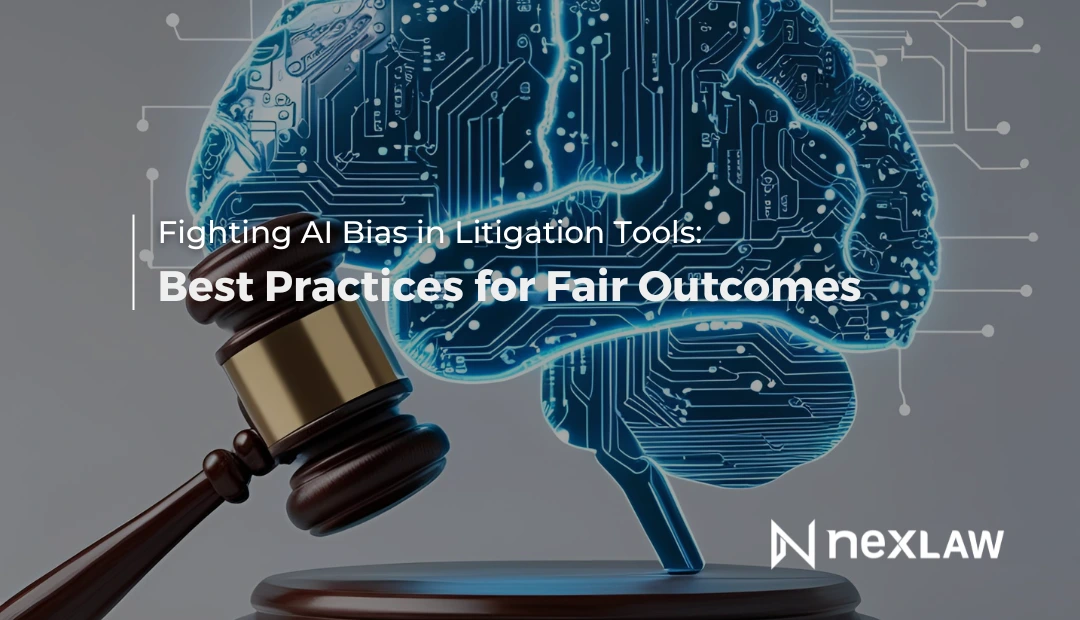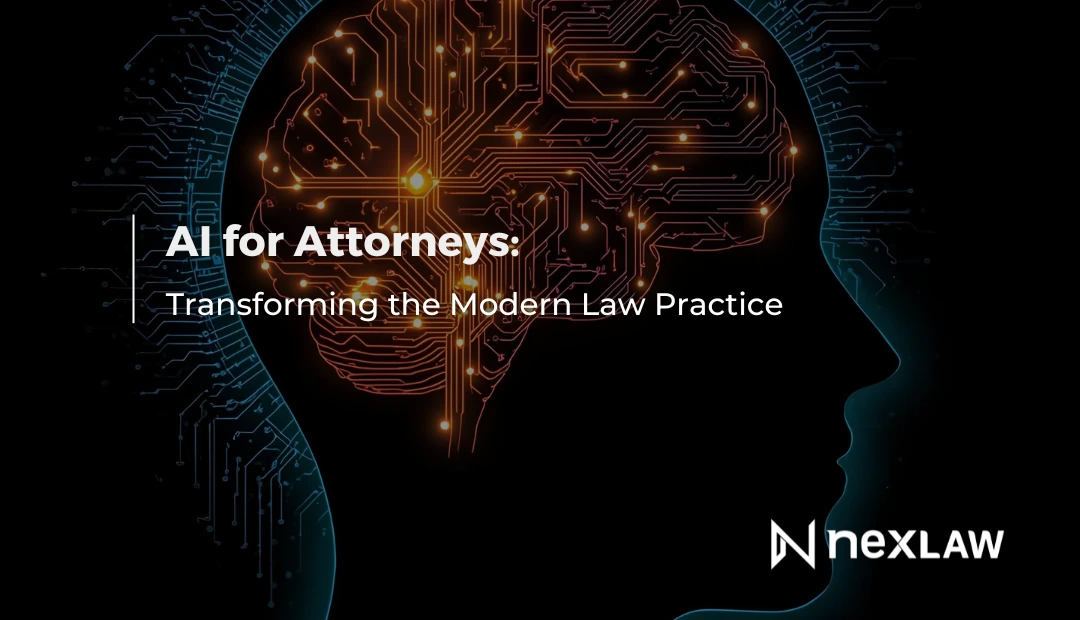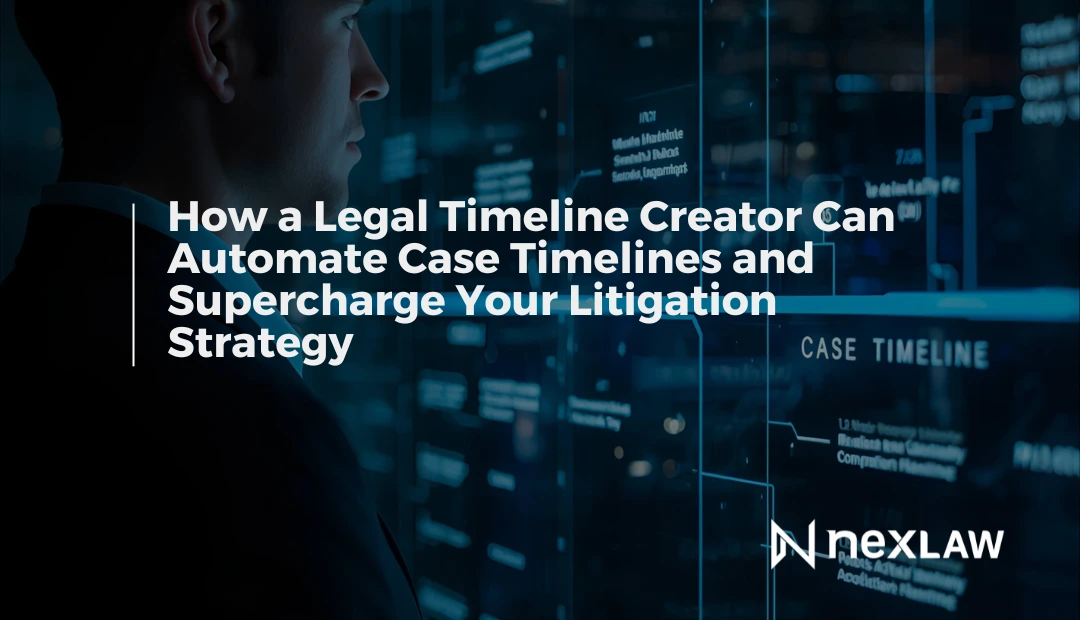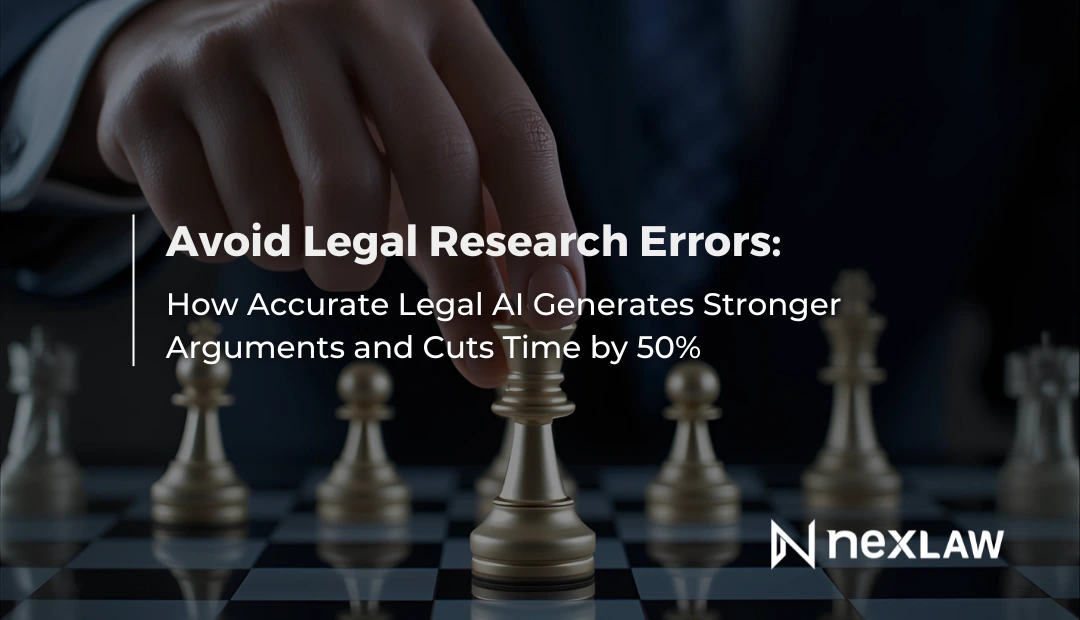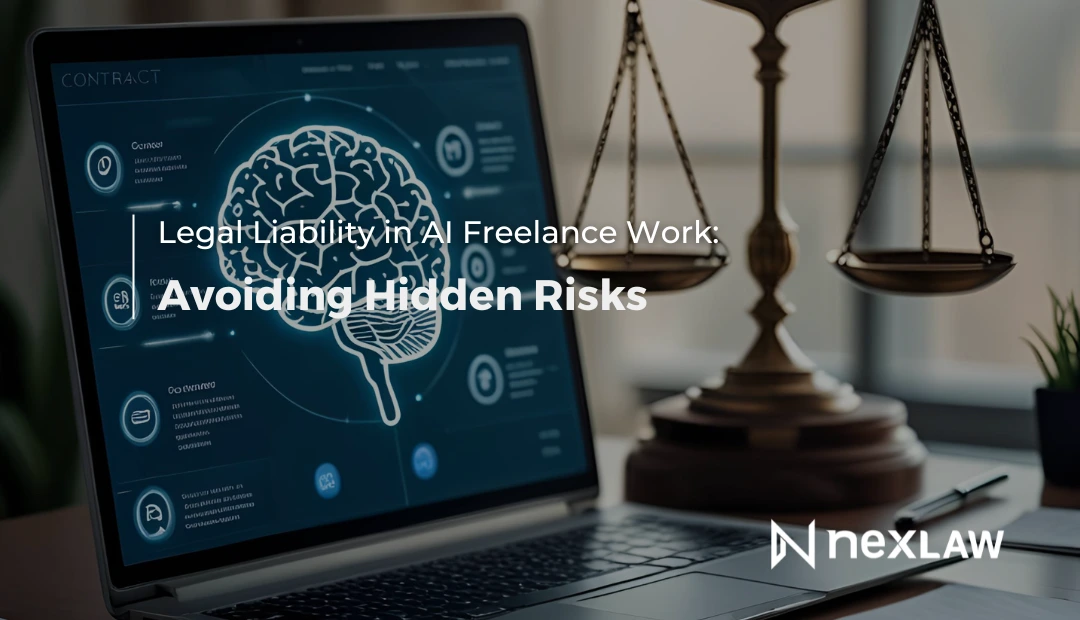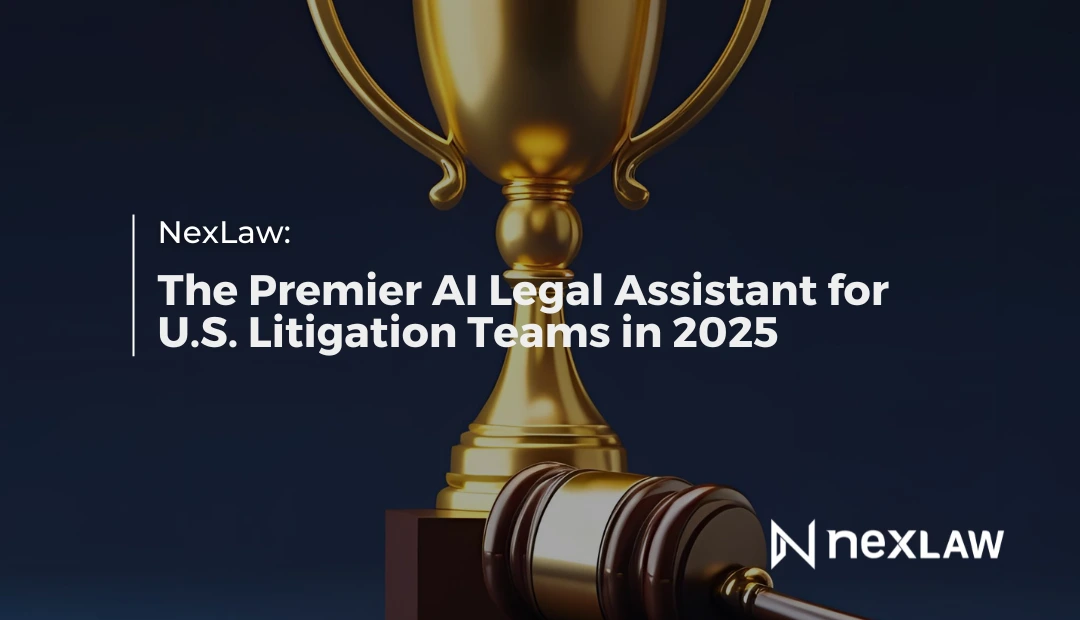Fighting AI Bias in Litigation Tools: Best Practices for Fair Outcomes
The legal industry is increasingly using artificial intelligence (AI) to streamline tasks like document review, case prediction, and legal research. These tools offer clear efficiency benefits, but they also introduce an important challenge: AI bias. Left unchecked, bias in AI can compromise fairness, misinterpret evidence, and influence litigation outcomes in ways that undermine trust and justice.
For attorneys, law firms, and pro-se litigants in the United States, understanding how to identify, prevent, and mitigate AI bias is essential, not only for ethical practice but also for accurate and reliable legal work.
Unlock Legal Insights Instantly!
NexLaw | Your AI Legal Assistant is built with these challenges in mind, offering tools that enhance efficiency while ensuring bias-aware, ethical, and compliant litigation support.
Understanding AI Bias in Legal Tools
AI bias occurs when algorithms produce results that systematically disadvantage certain groups or provide inaccurate outputs due to the data, design, or assumptions underpinning the system. In litigation, bias can appear in several ways:
- Skewed case predictions: AI might rely on incomplete or unrepresentative datasets, leading to misleading projections about case outcomes.
- Misinterpretation of documents: AI could misread evidence or legal documents from underrepresented sources, affecting the accuracy of case analysis.
- Inaccurate references: AI-generated citations or references may be erroneous or incomplete if not properly verified.
Even without ill intent, these errors can compromise a firm’s credibility and a client’s legal standing. That’s why systematic safeguards and human oversight are critical.
Best Practices for Mitigating AI Bias
AI bias is manageable when law firms adopt proactive strategies. Here are key best practices:
1. Use Diverse and Representative Data
AI systems are only as effective as the data they are trained on. Diverse, representative datasets help prevent systemic bias and improve accuracy. For litigation, this means including data from multiple jurisdictions, case types, and demographic contexts.
NexLaw incorporates comprehensive U.S. legal datasets to ensure balanced insights, helping attorneys make informed, unbiased decisions across a wide range of cases.
2. Human-in-the-Loop Oversight
AI can speed up analysis, but it isn’t infallible. Human-in-the-loop (HITL) processes allow attorneys to validate AI outputs before filing, referencing, or presenting them in court.
NexLaw integrates HITL workflows that empower legal professionals to review AI-generated analyses, correct errors, and apply professional judgment, combining efficiency with human oversight.
3. Conduct Regular Audits and Ensure Transparency
Regular review of AI outputs is essential for bias detection. Transparent logging and reporting enable firms to maintain accountability and compliance in all AI-assisted processes.
NexLaw provides audit-ready logs for every AI recommendation, making it easier for attorneys to track decisions, verify accuracy, and demonstrate ethical compliance.
4. Implement Explainable AI
Trust in AI grows when its decisions are understandable. Explainable AI ensures that attorneys can see the reasoning behind AI conclusions, making it possible to present insights confidently in litigation.
NexLaw offers clear explanations for every analysis and recommendation, supporting both internal review and external accountability in legal proceedings.
5. Align AI with Ethical Governance
Ethical guidelines, including ABA standards, should guide AI use in legal practice. AI should support fairness, accuracy, and transparency, protecting clients from unfair outcomes.
NexLaw integrates ethical safeguards that ensure AI outputs comply with professional ethics and help attorneys maintain high standards of practice.
Why NexLaw Stands Out
Many AI tools promise speed, but few combine accuracy, transparency, and bias mitigation. NexLaw distinguishes itself by:
- Using bias-aware AI models trained on diverse, U.S.-specific datasets.
- Embedding human oversight at every critical step.
- Providing audit-ready, explainable outputs suitable for litigation.
- Incorporating ethical and compliance safeguards directly into workflows.
This combination allows attorneys to adopt AI confidently, reduce legal risk, and provide fair outcomes for clients.
Practical Benefits for Law Firms
Adopting bias-aware AI tools brings tangible advantages:
- Improved Accuracy: AI assists in document review, research, and case analysis while reducing human error.
- Maintained Ethical Standards: Clear oversight and ethical safeguards ensure compliance with legal and professional responsibilities.
- Efficient Workflows: Automation handles repetitive tasks, freeing attorneys to focus on higher-level strategy.
- Enhanced Client Trust: Transparent and explainable AI outputs reinforce credibility and confidence in the firm’s work.
By implementing these best practices, law firms can harness the power of AI without compromising fairness or reliability.
Building Trust in Litigation Outcomes
AI can enhance legal work, but its value depends on trust. Attorneys must be confident that AI outputs are accurate, unbiased, and defensible.
With NexLaw:
- Audit-Ready Insights: Every output is traceable, allowing attorneys to review and explain AI recommendations.
- Human Oversight: Attorneys remain in control, validating AI results before they are relied upon in court or shared with clients.
- Ethical Assurance: Bias detection and governance safeguards support fair legal practice, protecting clients and firms alike.
This approach allows law firms to benefit from AI while maintaining transparency, accountability, and ethical standards.
The Future of AI in Legal Practice
AI is becoming an integral part of litigation workflows. The difference between effective AI adoption and risky experimentation lies in governance, oversight, and ethics.
NexLaw empowers firms to integrate AI responsibly:
- Safe and Reliable Workflows: Automated tools support attorneys without introducing bias or error.
- Ethical and Compliant AI: Built-in safeguards ensure outputs align with legal and professional standards.
- Confidence in Decision-Making: Transparent AI insights help attorneys act with clarity and authority.
By combining efficiency with risk management, NexLaw makes AI adoption in litigation both practical and safe.
Combatting AI bias is essential for any law firm using AI in litigation. NexLaw provides the tools and safeguards needed to adopt AI confidently while maintaining fairness, accuracy, and ethical compliance.
Request a Guided Demo – See how Nexa, Trial Prep, and ChronoVault can streamline your workflows.
Start a Free 3-Day Trial – Experience NexLaw firsthand and discover how proprietary AI can improve efficiency, accuracy, and case management in your firm.
GET 15% OFF for annual plans using promo code: ANNIV15MONTHLY or ANNIV15ANNUALY
*t&c applied | visit our website for more details
